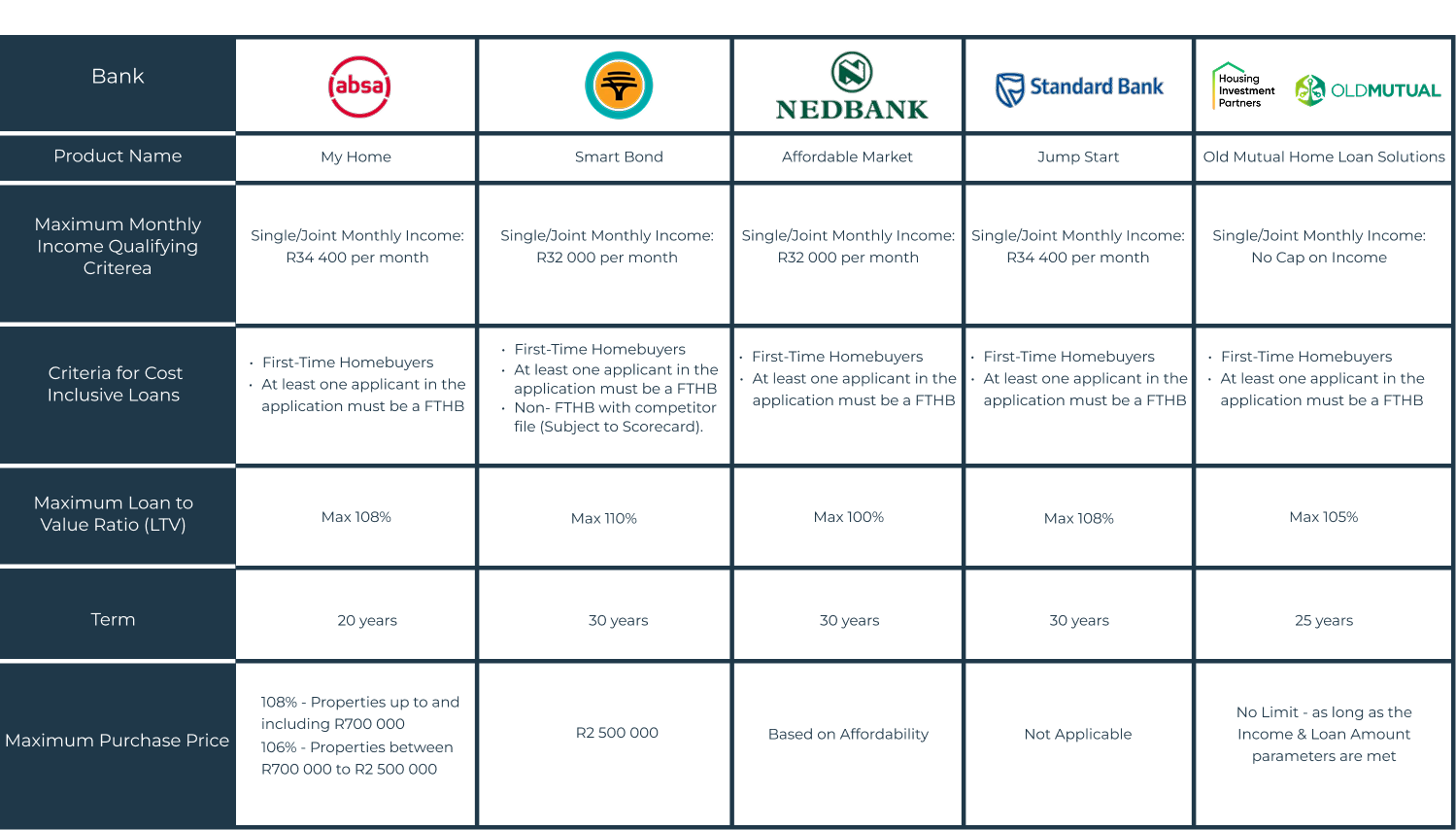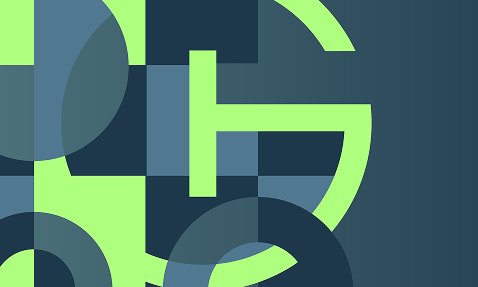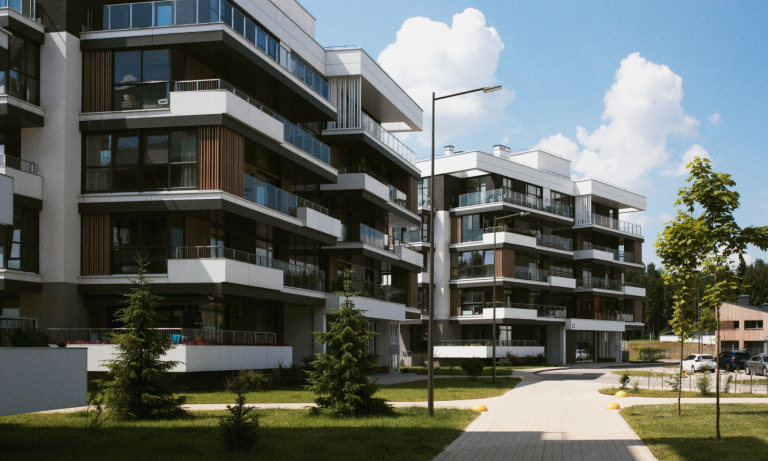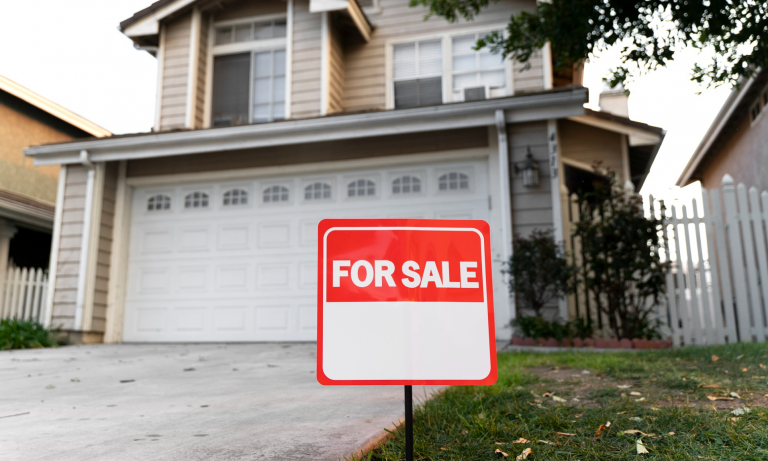Be guided by experts
Buying your first home is an exciting milestone, but it can also be overwhelming, especially when comparing different home loan offers from banks. Each bank presents slightly different packages, terms and perks that can have a big impact on your immediate affordability and long-term financial health.
It’s not always easy to compare the offers if you’re new to this process, but that’s why having experts at hand to advise and assist is not just a good idea, it’s essential. Here’s what you need to know to make an informed decision.
Loan-to-Value (LTV) Ratio: What You Qualify For
The LTV is the loan amount expressed as a percentage of the purchase price or the property’s value. Banks will always do a property valuation before granting a final home loan offer. If the property’s actual value differs from the agreed-upon purchase price, the LTV and the offer may change.
Higher LTV ratios are considered riskier for banks. This doesn’t mean they’ll reject your application, but they may charge a higher interest rate or require additional insurance.
- 110% loans: Some banks offer fully financed loans (no deposit needed) and cover upfront costs. This is a possibility if you’re a first-time homebuyer with a strong credit score and are buying a lower-value home.
- 100% loans: Some banks offer full financing (no deposit) to first-time buyers. This loan amount doesn’t cover the costs one incurs to buy a home. You’ll still need to cover the legal and bond registration costs yourself.
- 80%–95% loans: These are the most common loans. As an applicant, if you can fund a deposit and the costs, you look like a more valuable and less risky customer to the banks.
Tip: Even if you qualify for a 100% bond, putting down a deposit can reduce your monthly repayments and improve your interest rate.

Loan Terms: How Long Will You Be Paying?
In South Africa, home loan terms typically range from 20 to 30 years, but can vary depending on your age and financial profile. It’s always best to play around with bond affordability calculators and a loan term of 20 vs. 30 years. This way you’re able to work out how much you can afford to repay monthly before you even start house hunting. Speak to your bond originator about doing a pre-approval on the loan term that you believe is best for your individual financial situation.
Interest Rates: Fixed vs. Variable
In South Africa, the standard home loan interest rate is variable, meaning it’s linked to the prime lending rate and can change over time based on decisions made by the South African Reserve Bank.
Some banks offer fixed interest rates, but these are less common and typically only available for a limited period – usually 12 to 24 months. After that, the loan reverts to a variable rate.
- Variable rates fluctuate depending on the prime rate – your monthly repayments can go up or down.
- Fixed rates remain the same for the fixed term, offering short-term stability in your repayments.
How Do Our Local Banks Stack Up?
Each bank offers its own “sweeteners” to attract home loan customers – these can include perks like free home loan or life insurance, loyalty rewards or access to prepaid funds (commonly known as an Access Bond).
Here’s a breakdown of what South African banks currently offer first‑time homebuyers. The unique features and benefits of each bank have been highlighted:

Choosing the right home loan is about more than just who offers you the money – it’s about who gives you the best total deal for your unique financial situation. Understanding the different bank offers, loan terms and cost-saving options helps you buy with confidence and protects your financial future.
With so many variables to consider, it helps to have an expert by your side. Speak to a GetGo Home Loans bond originator today – we’ll compare offers from all the major banks, explain the fine print and help you make the choice that fits you best.









































